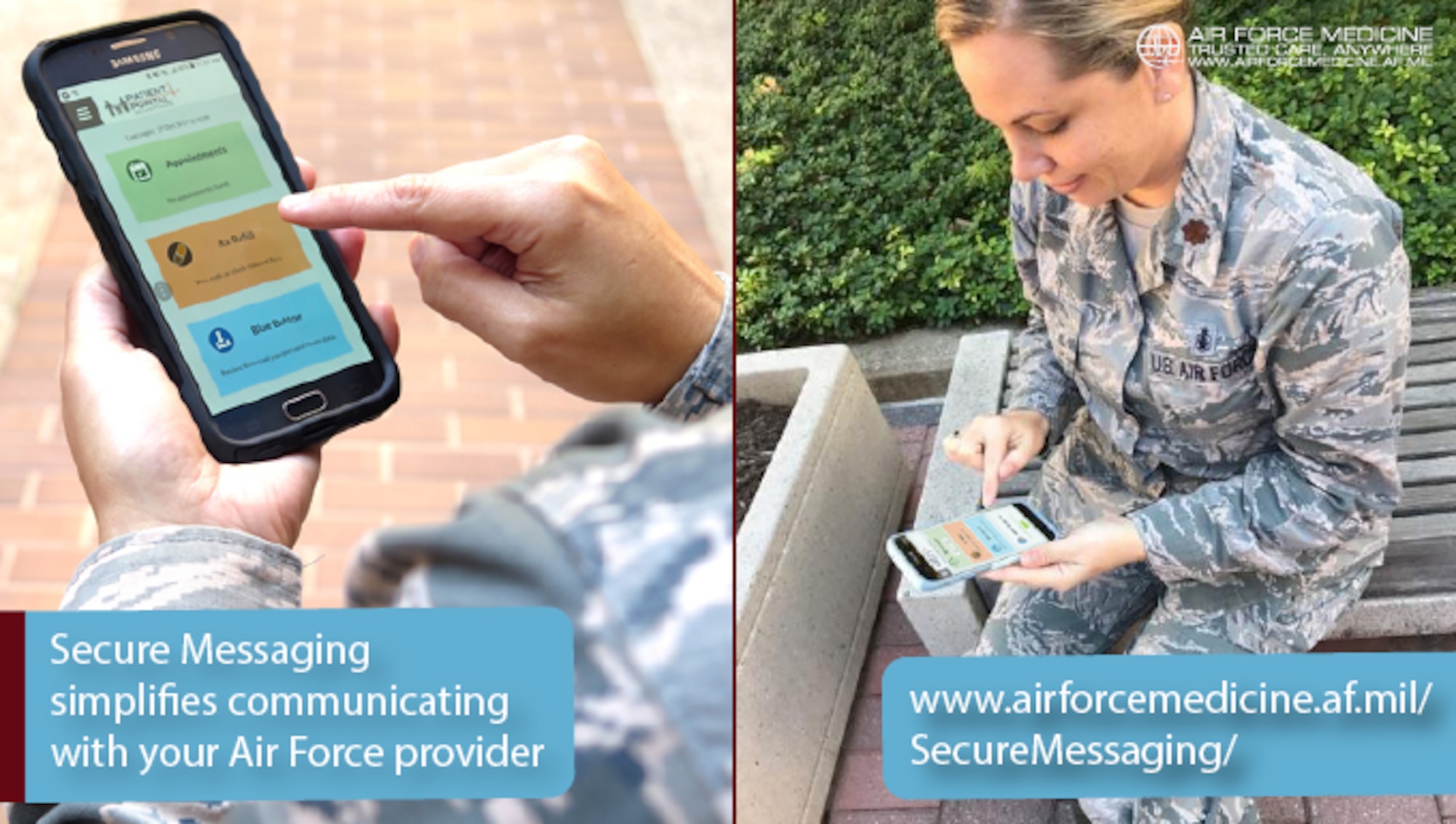As the healthcare industry becomes increasingly reliant on digital communication, secure messaging apps have emerged as a crucial tool for protecting sensitive patient data. In this comprehensive guide, we’ll explore the best secure messaging apps for healthcare and how they can help providers stay compliant with HIPAA regulations.
Secure Messaging Apps for Healthcare: Why They’re Needed
The healthcare industry is highly regulated when it comes to the handling of patient data, and for good reason. Medical records contain a wealth of personal information that can be used for identity theft and other malicious purposes. That’s why the Health Insurance Portability and Accountability Act (HIPAA) was enacted in 1996 to establish national standards for protecting the privacy and security of medical information.
One of the challenges of HIPAA compliance is ensuring that all communications containing patient data are conducted securely. Traditional methods of communication like email and text messaging are often inadequate, leaving medical professionals vulnerable to data breaches and non-compliance penalties. That’s where secure messaging apps come in.
Secure messaging apps use end-to-end encryption to protect messages from interception or unauthorized access. They also typically provide features like message expiration and remote wipe capabilities to ensure that messages are only accessible for a limited time and can be erased if a device is lost or stolen. All of these features make secure messaging apps a critical tool for healthcare providers who need to communicate sensitive patient information securely.
Top Secure Messaging Apps for Healthcare
1. TigerText: With more than 10,000 healthcare clients, TigerText is one of the most popular secure messaging apps for healthcare. It offers enterprise-grade security, encrypted messaging, and remote wipe capabilities, as well as features like group messaging and message recall.
2. Signal: Signal is a free, open-source messaging app that provides end-to-end encryption for messages, voice calls, and video calls. While not specifically designed for healthcare, it has been endorsed by privacy advocates like Edward Snowden and is a popular choice among healthcare professionals who prioritize security.
3. WhatsApp: While not specifically designed for healthcare, WhatsApp offers end-to-end encryption for messages and is widely used across the healthcare industry. It’s free to use and supports group messaging, making it a popular alternative to traditional messaging methods.
4. Symphony: Designed specifically for the financial industry, Symphony also provides a secure messaging platform that can be customized to meet healthcare industry needs. It offers enterprise-grade security, encrypted messaging, and collaboration features like file sharing and screen sharing.
5. VSee: VSee is a telemedicine platform that also provides a secure messaging app for healthcare. It offers end-to-end encryption, message expiration, and remote wipe capabilities, as well as video conferencing and file sharing features.
Choosing the Right Secure Messaging App
When choosing a secure messaging app for healthcare, it’s important to consider factors like ease of use, integration with existing systems, and compliance with HIPAA regulations. It’s also important to ensure that all users are trained in the proper use of the app to avoid accidental data breaches.
While no system is completely foolproof, using a secure messaging app can greatly reduce the risk of data breaches and help healthcare providers stay compliant with HIPAA regulations. By choosing the right app and ensuring that all users are properly trained, healthcare professionals can communicate sensitive patient information with confidence and peace of mind.
Best Practices for Using Secure Messaging Apps in Healthcare
While using a secure messaging app may help protect patient information, it is important to follow best practices to ensure security. These include:
1. Password protection: Ensure that your device is password protected to prevent unauthorized access in case it is lost or stolen.
2. Limit message content: Only include the minimal amount of information necessary to convey the message.
3. Keep apps up-to-date: Make sure the latest version of the app is installed to ensure any security vulnerabilities have been addressed.
